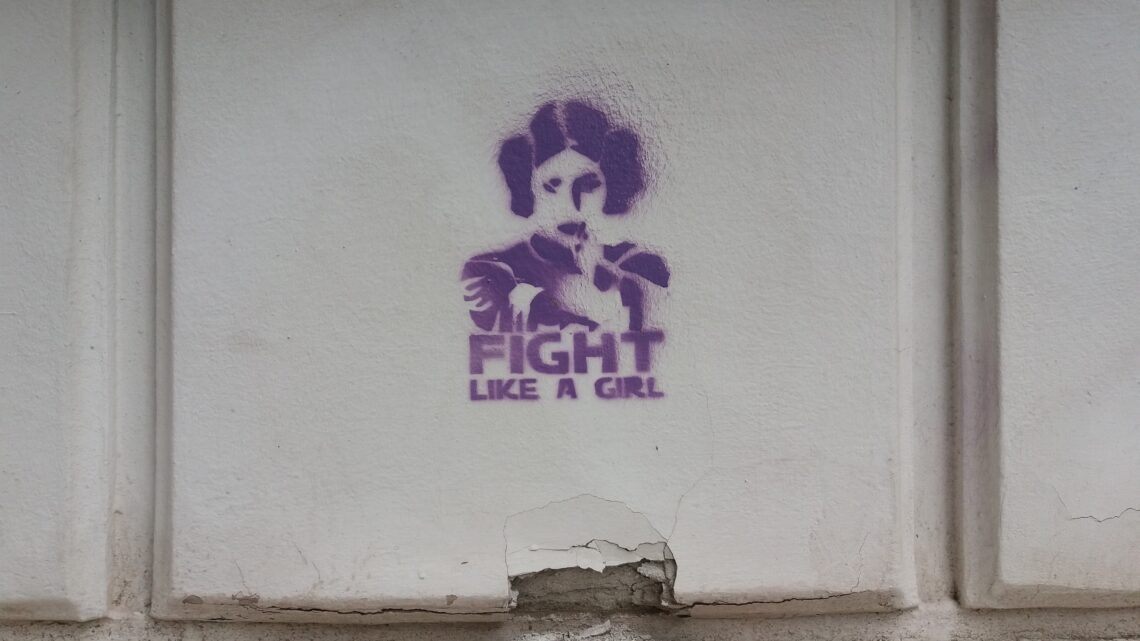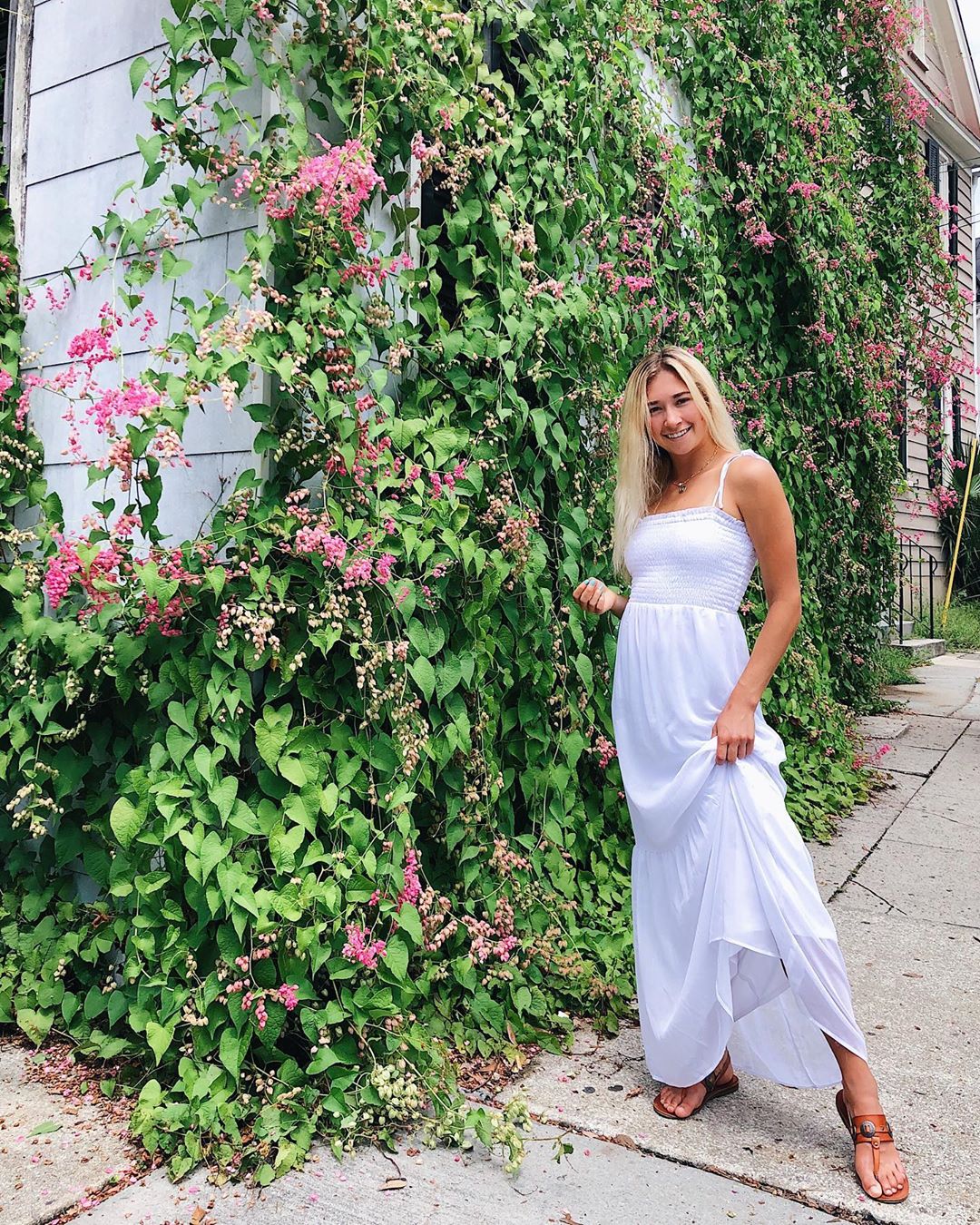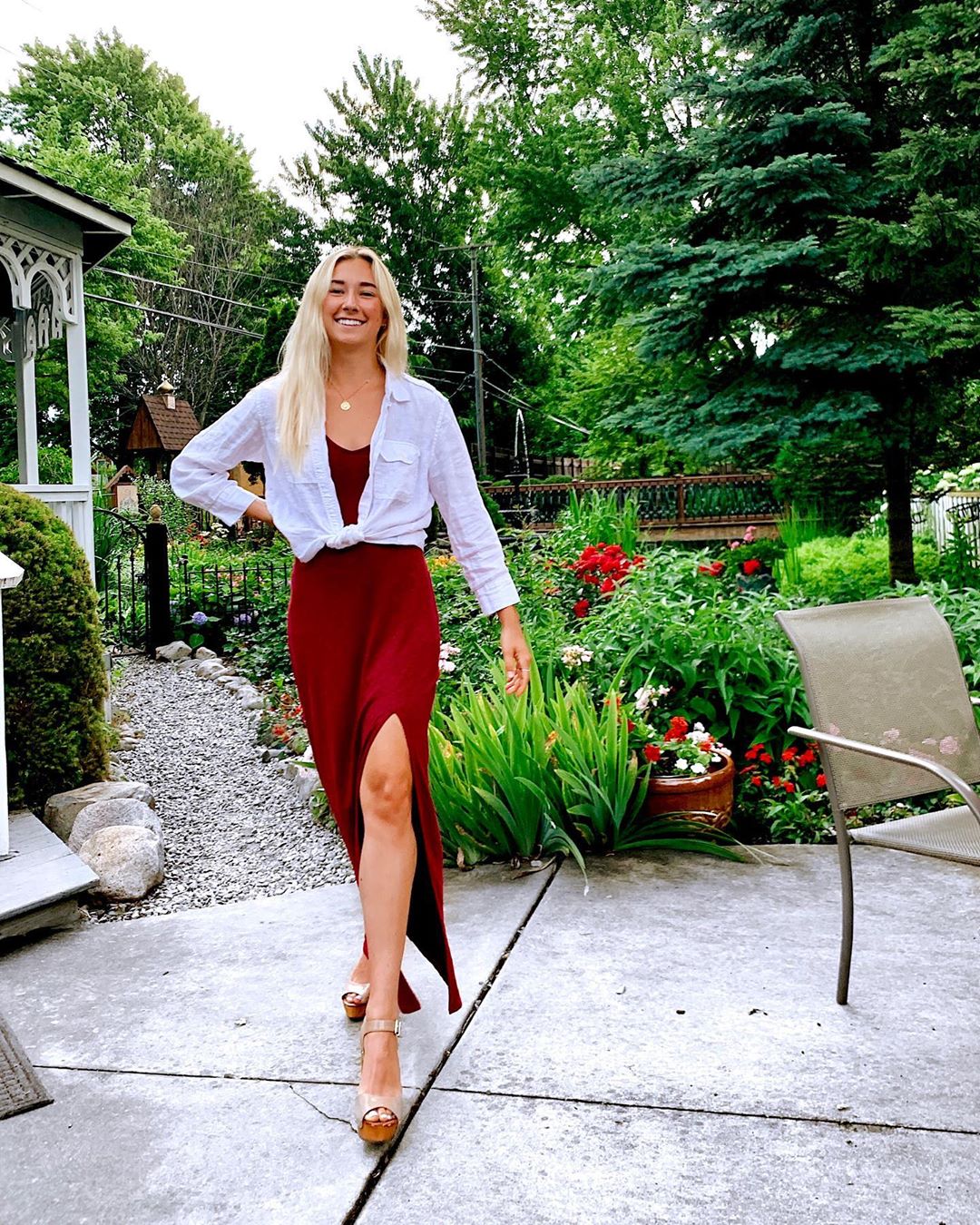When I was a sophomore at the University of Michigan I worked at a coffee shop in the natural history museum. I’ve always wanted to work with specialty coffee downtown Ann Arbor, but was too intimidated to apply for a job without any experience, and not a lot of availability. My co-workers were other students from all different kinds of majors, ages, and backgrounds. Not even all of us liked coffee. The only thing that we all had in common was that we needed to pay bills and we were all females.
At the time, I would spend my evening researching everything I possibly could about coffee. In order to prepare for applying to those coffee shops downtown that can charge $8 a cup, I felt that I needed more knowledge. I needed to know more about roasting, and flavors notes, and growing regions, and types of brewing, and how to properly make a pour over, and the best way to pull espresso, and how you have to steam the milk at the right temperature, and so on. My laptop browser was soon crowded with dozens of open webpages which filled me with random coffee facts and history.
To my surprise, one thing that consistently popped up was a “fun” fact that women began a petition when they got fed up with being unable to visit coffee houses. Apparently in the late 15th century when coffee houses first appeared, they were a space where men of all classes could meet to do just about anything and everything. On a typical visit to a coffee house a man had the opportunity to witness dissections or exhibitions of rare creatures while at the same time buying life insurance, talking about stocks and buying items that today would only be found on the black market. Of course, women did have a place in these coffee houses – as servers and prostitutes. The lack of access to these wild places caused the women’s petition against coffee. This story fascinated me and shifted my attention to this intersection between coffee and sex. I began to worry: am I feeding into a sexist society when I order my morning pick me up?
With a quick google search of “coffee and sexism,” dozens of modern articles appeared on my screen about unfair treatment towards women at specialty coffee competitions as well as about a shift in the industry from being female dominated to male, around the same time that the job title “barista” began to be seen as a creative profession, rather than a minimum wage job.
I quickly learned that during specialty coffee competitions, women are judged harshly on their presentation and clothing, rather than on the taste of their drink, while the opposite is the case for men. For 18 years since 2000 every barista world champion was a male. And there’s nothing these female competitors can do.
Where I worked, being a barista was a minimum wage job. I was hired by the university and made less at the cafe than if I were to swipe students into the dining hall. I was not compared to being an artist or was considered creative in any way. I did not work at a place that resembled a trendy cafe in California or New York in any way. My position was not a “real career,” but a “female job.” Yet, at the coffee shops I desired to work at downtown, I knew that my group of female coworkers would soon be traded in for men.
Before learning this I would go into one of my favorite specialty coffee shops and post a picture of my latte art before taking the first sip of milky foamy goodness, and now all I can taste is bitter. And there’s nothing I can do.
Something else that I’m often researching online is the impact of social media. So much so that I chose to minor in it during college. In class I learned that hidden behind screens, people feel like they can say and do whatever they want. Hidden behind screens, people express their private opinions that are unacceptable to voice in person. Hidden behind screens, people are allowed to hate women. Women have gotten threats when voicing their opinions on politics, and reporting these accounts won’t get them removed. Yet at the same time, I once had a comment flagged then deleted for writing “I’m sorry boys suck.” And there’s nothing I can do.
One of the worst cases of gender based trolling I’ve ever learned about is called gamergate. It all began with a blog post written by video game designer Zoe Quinn’s ex-boyfriend about being allegedly unfaithful to him. This was quickly proven to be entirely hearsay, but the implications of this post were already taking form, and were not only affecting Quinn. For an entire year, female videogame players were victims of trolling and doxxing by other players for sticking up for Quinn. For many of these users, it became so dangerous and out of hand that some of the women even needed to move out of their homes or hire security guards. There’s nothing else these women can do.
And while situations like these make me want to delete all of my social media apps and try to wipe my name off the internet, for various reasons I’ve had to come to terms with the fact that social media is, and has always been, a part of my life.
No matter how you look at it, the goal of social media is to get attention, and growing up with these platforms, the trick to achieving this is something that I quickly learned from observation. For a female, you simply need to show some skin. I’ve always known what men do with the photos that populate their feeds behind closed doors. I’ve always known that old men direct message young girls with intentions of being their sugar daddy. But growing up with this made it seem normal to me. At least until the afternoon that the #metoo movement spread to my social media feeds.
The #metoo movement was started to support those who were victims of sexual violence, and empowered women to share their own personal experiences. Women were posting about things that I always considered to be normal. Somehow, it never crossed my mind that being asked to have sex when drunk is not okay. Or that getting honked at when I’m on a run is not okay. Or that having to watch my cup at parties is not okay.
My mom was the first one to tell me her #metoo story. Several stories became one flow of rage and frustration. She began by telling me about my dad’s friend grabbing her butt every time he saw her. Then, a story about her professor emailing her that he wanted to “lick her from her head to her toe” while they were in the same room. She later worked for him on a research project. Finally, she began to cry. She told me that she had been date raped by a friend from college. Her family didn’t believe her and when she told my dad he responded “that’s hot.” There’s nothing she could do.
Two weeks after my mom opened up to me, I was waiting in line to get donuts with my boyfriend and got a call from my best friend. Through tears, she told me that she was date raped at a college party. I walked out of the store and crouched down besides the beat up silver Honda. I didn’t want to ruin everyone’s day and make a scene. I didn’t want to explain to my boyfriend what I was just told and why I was crying. I didn’t think he could understand how much this hurts. Hurts my best friend, hurts me, and hurts women everywhere.
I met my best friend at the hospital a few hours after she was admitted. It has been a day since she was attacked. Her parents were there with her. She had to tell them that she has had sex. That she had been partying. That her body has been violated. And that the doctors couldn’t tell her who did it. The boy who not only left bruises from his fingers on her neck and side, but scarred her trust for good, who comes to mind every time she tries to get close to a man again, who causes her to be paranoid at all social events, is out there doing the same thing to another innocent, unsuspecting girl. There’s nothing she can do.
Within the next month, two friends of mine, on separate occasions, opened up to me about their experiences with sexual violence.
The typical penalty for rape is a 5-7 year prison sentence. Doesn’t sound bad until you realize that only ⅓ of cases get cleared in court. Twitter does a better job of outing these heinous criminals than the justice system does. From simply scrolling through my feed for a little bit, I read stories about men doing unacceptable things that are certain to scar the victims, yet getting away scot free. A man in Alaska masturbating on and strangling a woman, no time in prison. A doctor in Texas raping a young girl while she was sedated, no time in prison. College student after college student after college student reporting rape, no time in prison. And there’s nothing I can do.
Today I was walking down the street and was told “smile for me baby.” I wanted to turn around and cuss him out. To tell him that he has no right to tell me what to do. That he should feel ashamed of himself and to learn some respect. But upon turning around, I fell silent. I knew that it was helpless. That if I fought back I would only get myself into a more terrifying situation. I am too small to stand up for myself. To fight back if something were to happen. There’s nothing I can do.
I shared this event on my Instagram hoping to draw attention to how offensive the comment “smile for me baby” was. I later read through the responses to that post. Almost all from male followers. Many read, “smiling does make you more attractive.”
One in three men don’t believe catcalling is considered sexual harassment. One in four men believe that we don’t need increased conversation around sexual harassment. One in five men don’t believe that sexual harassment is a fireable offence.
That same day I wrote a post for my blog about things I have done to feel safe when simply walking home. I talked about a bracelet that I was once sent. This bracelet was metallic and beautiful, yet underneath hid a button which you could click and it would send a message to my mom telling her where I was and that I was in danger. While I am not the jewelry wearing kind of person, I made an exception for this accessory.
A recent social media movement that targeted sexism and hit almost too close to home was called #textmewhenyougethome. This began when a British woman was murdered walking home from a friend’s house. The hashtag encouraged social media users to share their stories of the precautions they take to make sure they get home safe. A post that went viral discussed not wearing headphones, pretending to be on the phone, taking alternate paths, walking in the middle of the street, and wearing bright clothes. I had always done these things. It’s all I can do.
My male roommate sits next to me and starts screaming at the Michigan State basketball game. He is getting pissed at sports while I am getting pissed at sexism.





